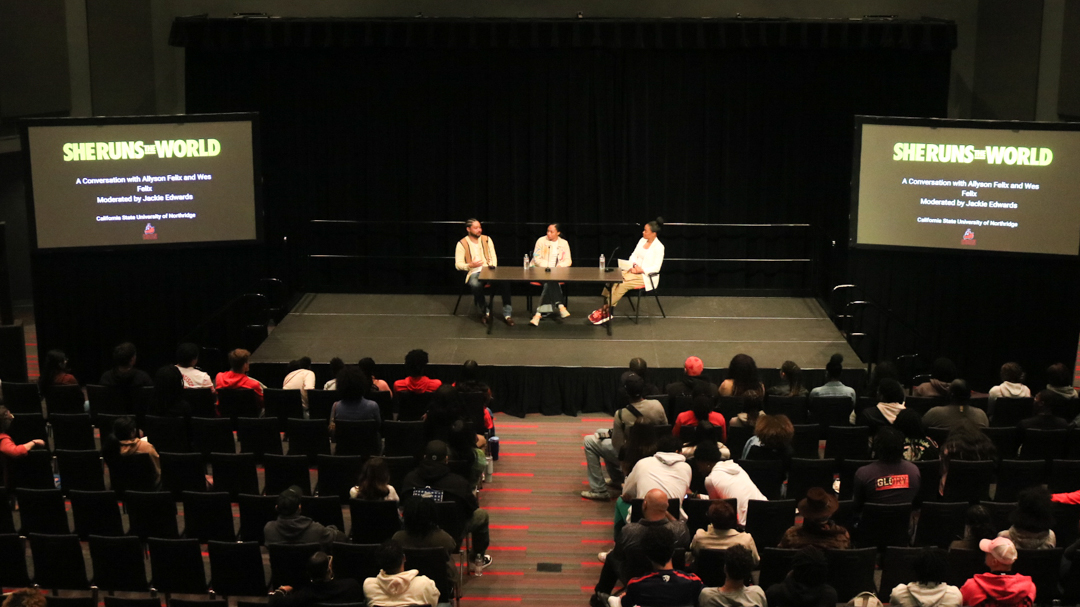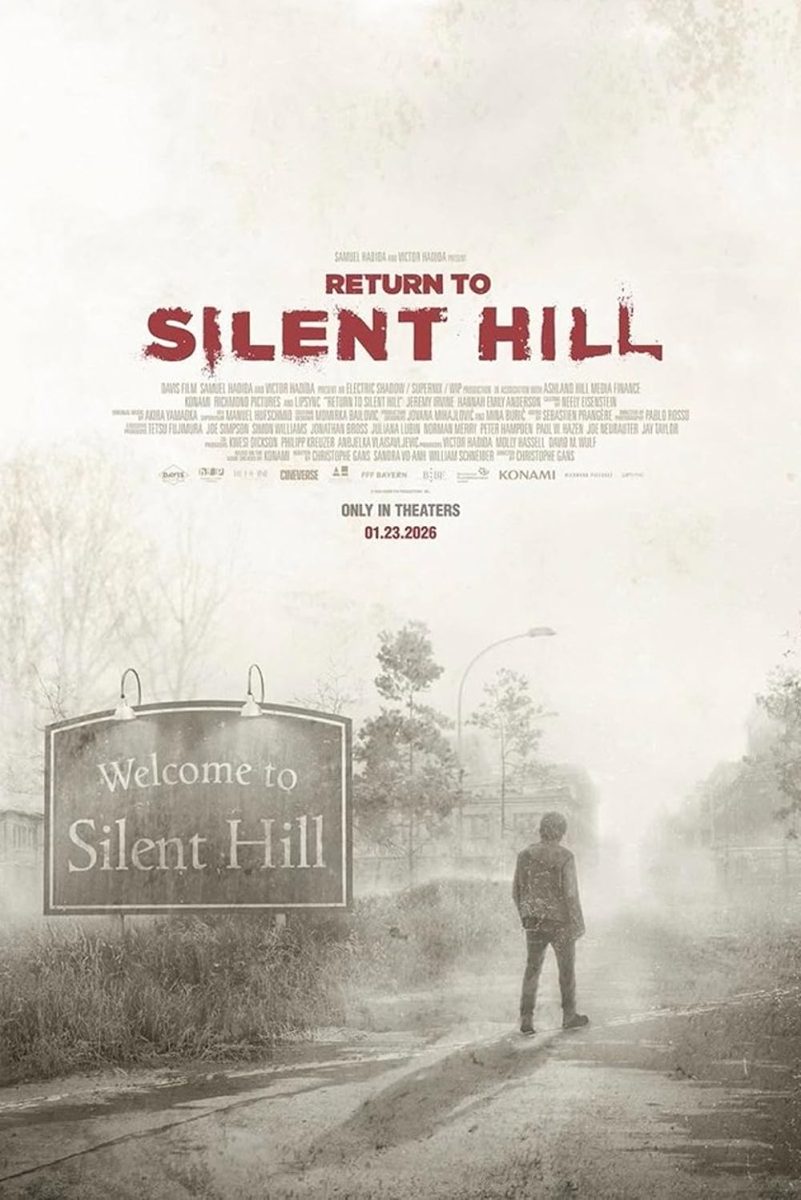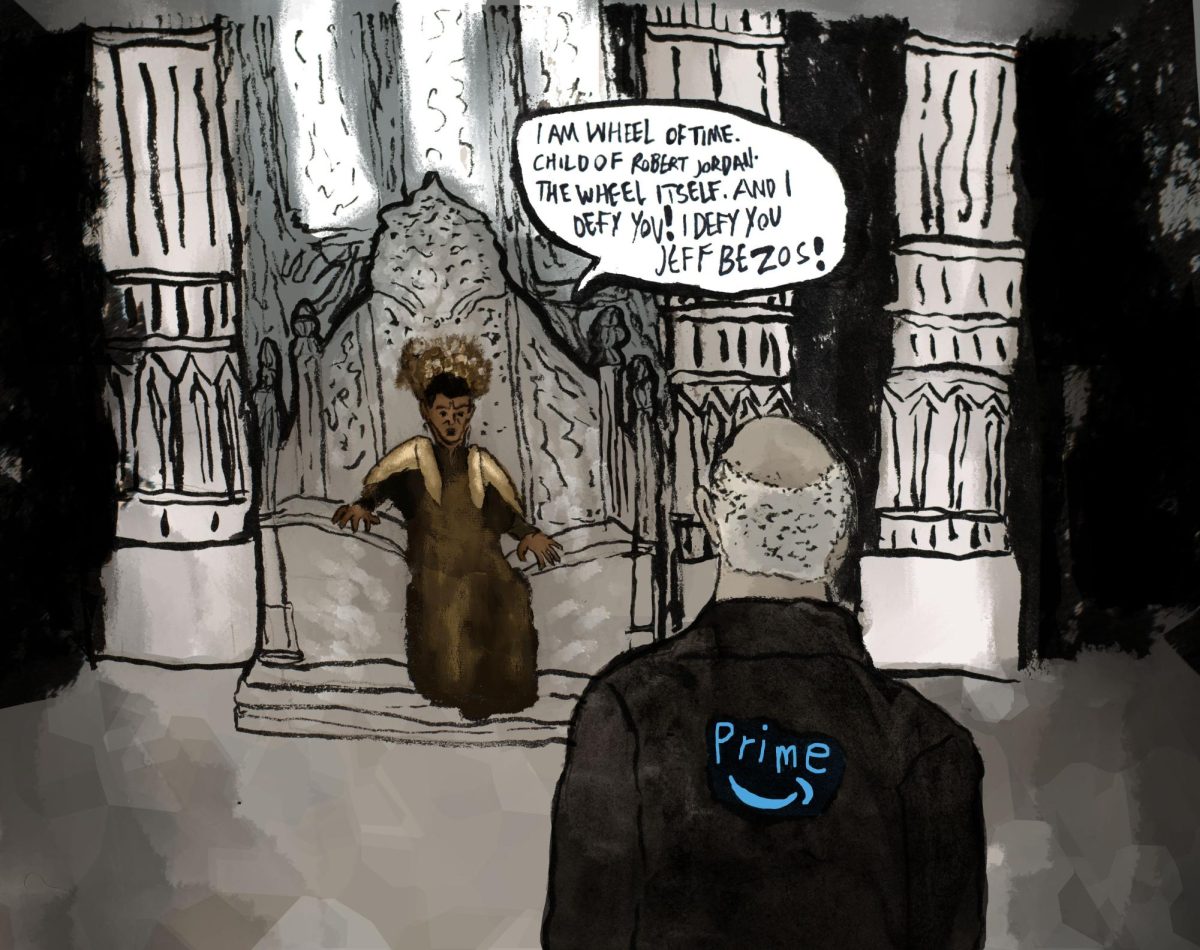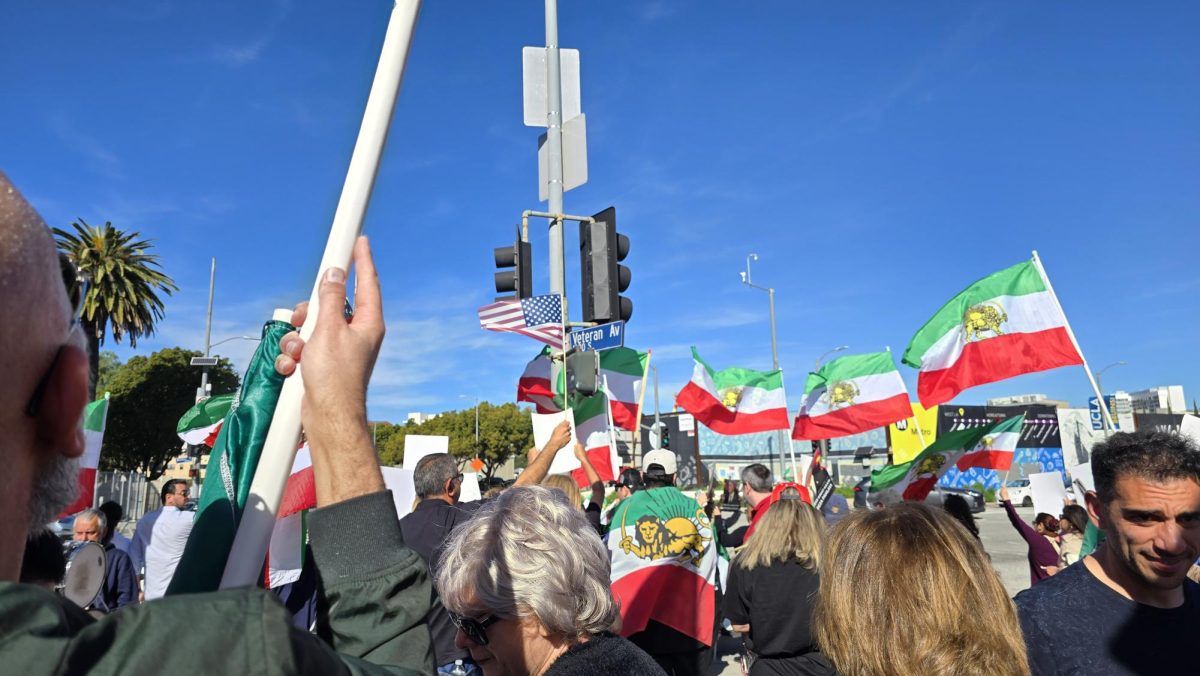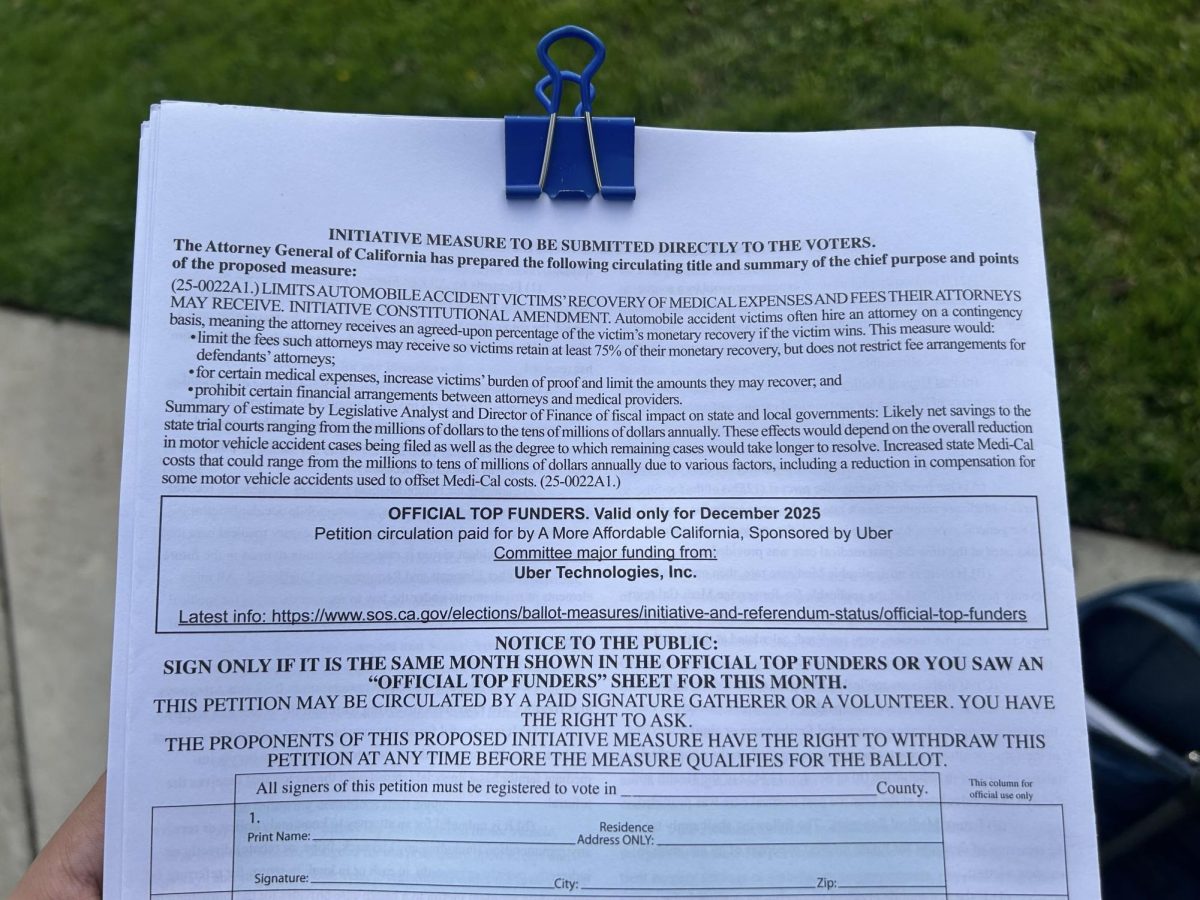On May 1, the United States House of Representatives passed a legislative bill to broaden the definition of antisemitism to include the “targeting of the state of Israel, conceived as a Jewish collectivity.” I’m a Jew, and I don’t agree.
Antisemitism is a vicious entity that has loomed over the heads of Jews worldwide since long before the Holocaust. The definition of antisemitism, as it stands today, is “a certain perception of Jews, which may be expressed as hatred toward Jews. Rhetorical and physical manifestations of antisemitism are directed toward Jewish or non-Jewish individuals and/or their property, toward Jewish community institutions and religious facilities,” according to the U.S. Department of State.
My issue stands with the conflation of Judaism, Jewish people and antisemitism with that of Israel, Israeli citizens and anti-Zionism. Overlap exists, but the two share distinct and crucial differences.
“[I]t is imperative to distinguish between Judaism and Zionism and the difference between criticism of political ideologies and prejudice against a particular religious group,” states The Business Standard.
Using antisemitism and anti-Zionism interchangeably diminishes the weight of antisemitism as an offense. Passing the House bill to broaden the definition of antisemitism denies Americans and American Jews the right to criticize the actions of the Israeli government by exercising our right to free speech.
Antisemitism is no stranger to Jews across the world. From widespread conspiracies to daily microaggressions, antisemitism is alive and, unfortunately, thriving. With that said, criticism of the murderous violence the Israeli government has enacted upon Palestinians is not antisemitic, nor is condemning the bombing, shooting and starvation of Palestinians.
I mourn every life lost, Israeli citizens included, but I simultaneously feel that sorrow while standing vehemently opposed to the horrors that the Israeli government has inflicted on Palestinian lives in the name of retaliation to Hamas’ attack on Israel on October 7, 2023.
I, as a Jew, as an American and as a human, stand against violence—though violence does not seem to come close to describing the ongoing pain so many Palestinians have suffered at the hands of the Israeli government.
EJ Marcus, a Jewish comedian and public figure, shared his experience of unlearning the expectation to sit idly by in support of Israel in an Instagram post in November 2023. He worked to reframe his morals and values as a Jew, stating that his “Judaism does not seek vengeance.”
“I am so proud to be a Jew who recognizes injustice when I see it. I am so proud to be connected to a G-d who guides me toward empathy and love, rather than scarcity and fear,” Marcus explained. “Think outside of yourself, your personal experiences, and your comfort. Listen to what people you trust are telling you. Question what you’ve been told—it is explicitly Jewish to do so.”
I am not Israeli. My roots are Polish and Russian, I am American. Placing American Jews like me into a box and expecting that we stand by a country that has not been representative of the empathetic values of Judaism is not only limiting but dangerous. The Torah quoted in Exodus 23:9 states, “You shall not oppress a stranger, for you know the feelings of the stranger, having yourselves been strangers in the land of Egypt.”
Language and vocabulary is an immensely powerful tool, especially during times of conflict. Word choices have the power to create a perception of someone or something beyond what is explicitly stated. In a 2004 essay by the New York Times, Robin Tolmach Lakoff explained the use of vocabulary in war to dehumanize the opposition. I believe it is as applicable today as it was 20 years ago.
“The language of war is intended to bring about that change, and not only for soldiers in the field. In wartime, language must be created to enable combatants and noncombatants alike to see the other side as killable, to overcome the innate queasiness over the taking of human life,” Lakoff said.
Word choices used by President Joe Biden, Israeli Prime Minister Benjamin Netanyahu, media outlets and Zionists alike are deliberate, painting any perceived opposition in negativity.
The differences between “pro-Palestine” and “anti-Zionist” scream an entirely different message than “pro-Hamas” and “anti-Israel,” but these have all been phrases used to describe American college students protesting the war in Gaza across the United States.
These calculated vocabulary choices echo Black Lives Matter protests in 2020 where opposers intentionally used language like “riot” in place of “protest” or “anti-White Lives” instead of “pro-Black Lives” to flip the narrative of protestors.
The use of the words Jewish and Zionist interchangeably is intentional. On May 1, Hillel 818 and Students Supporting Israel at California State Northridge posted a statement on Instagram in reaction to pro-Palestinian protests on campus.
“The most important priority for Hillel 818 is keeping Jewish students safe—first, foremost, and always. Jewish students should be able to express their full Jewish identities and support for the Jewish state without fear…,” the post states.
Using the phrase “the Jewish state” in place of “Israel” in this statement furthers the idea that Jews are monolithic, and that all Jews must stand with Israel.
My identity is not and will not be diminished by other Jews due to my political and moral stances on Israel and the violence of the Israeli government in Gaza. I do not speak today with any doubt about who I am or what I stand for, regardless of the pressures placed upon Jews to adhere to the status quo by standing with Israel.
Jewish alumnus of the University of Chicago Sam Thorpe shared his stance in a series of posts on X, encapsulating the nuances that are not only prevalent but necessary for Jewish Americans to recognize.
“My grandmother nearly died in Auschwitz, and my grandfather fought in the Jewish resistance in Hungary and Czechoslovakia. They both fought for the creation of a Jewish state in Israel. They would be appalled by what the Israeli government is doing, now, in their name,” Thorpe stated. “The murder of innocent Jews by Hamas was reprehensible. So is the murder of innocent Palestinians with the tacit support and funding of the U.S. government.”
Questioning what one is taught is crucial to unlearning old habits and allowing your perspective to move and grow.
“Unlearning is more than simply forgetting what you know. It’s a deliberate process to refrain from your beliefs and habits—to make room for new things,” a blog post by Fearless Culture stated.
Questioning the choices made by governments that do not represent your morals is paramount to upholding outdated views. In this case, questioning the American government’s complacency in the genocide of Palestinians and opposing the murder of Palestinians by the Israeli government is not and will never be antisemitic.
For the sake of the First Amendment in the U.S., to uphold the sanctity of fighting true antisemitism and to call for a permanent ceasefire in Gaza, I implore people to get involved in the U.S. legislative process by calling, writing and visiting legislators and their staff.



